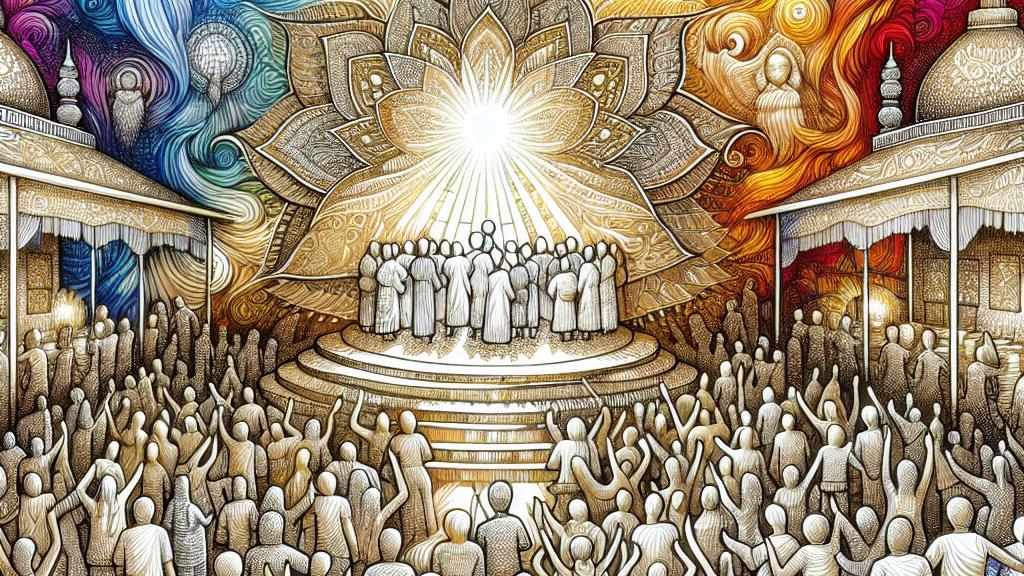Remembering the First Openly Gay Imam: Muhsin Hendricks
Overview
- Muhsin Hendricks broke barriers as the world's first openly gay imam, paving the way for countless LGBTQ+ Muslims.
- He devoted his life to creating inclusive spaces, fostering acceptance, and challenging discrimination within faith communities.
- His tragic murder has highlighted the urgent need for change and protection of LGBTQ+ rights globally.

A Visionary Leader and Advocate
Muhsin Hendricks, celebrated as the world's first openly gay imam, was not just an activist; he was a true visionary. He founded the Masjidul Ghurbaah mosque in Cape Town, transforming it into a vibrant sanctuary where LGBTQ+ Muslims could worship and express themselves freely. His sermons often blended spirituality with advocacy, emphasizing that love should be at the heart of faith. For many, this mosque became a safe haven—a home where they could embrace their identities without fear. In a world often marred by prejudice, Hendricks stood as a beacon of hope, fostering a community that thrived on acceptance.
A Heart-Wrenching Tragedy
The shocking news of Hendricks' tragic murder echoed far beyond South Africa, sending waves of grief and outrage through communities worldwide. Eyewitness accounts described a terrifying ambush, where masked gunmen confronted him with lethal force. This violent act was a stark reminder of the dangers LGBTQ+ individuals face, not only in South Africa but in many parts of the globe. Renowned activists and organizations, such as Julia Ehrt from ILGA, called for urgent investigations, fearing this was an appalling hate crime. His loss ignited discussions around the urgent need for protection and justice, serving as a rallying cry for activists everywhere to champion the rights and dignity of LGBTQ+ individuals.
Legacy of Empowerment and Inspiration
Hendricks' influence was felt far and wide, leaving an indelible mark on the struggle for LGBTQ+ rights. His declaration, 'I'm a queer imam,' resonated deeply, especially in regions where such bravery could endanger lives. In Nigeria, where expressing one's sexual orientation can lead to severe consequences, many activists have cited Hendricks as a source of inspiration. They remember his fight for acceptance, his unwavering commitment to love, and his efforts to bridge the gap between faith and identity. As tributes poured in—from global leaders to grassroots activists—it became apparent that Hendricks' legacy would endure in the hearts and minds of those he inspired. He reminds us all that the fight for justice and acceptance continues, and that every individual deserves to be embraced, loved, and respected for who they are.

Loading...